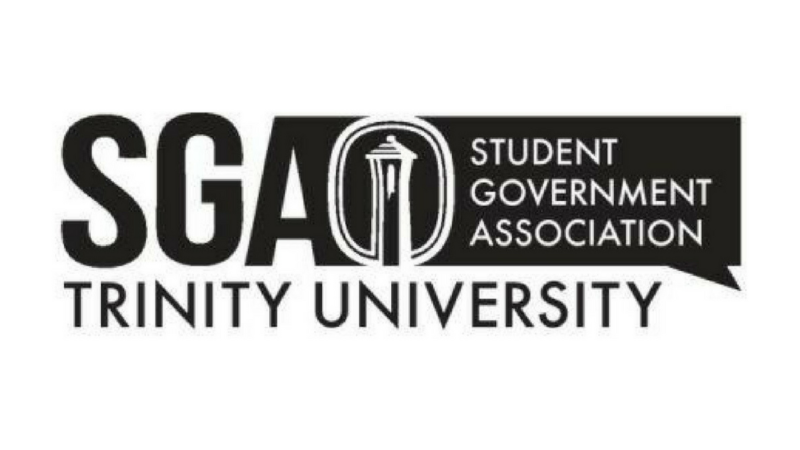The student organization outlines the necessities, logistics, successes and failures of the financial proposals they heard during their Monday meetings
Student organizations are welcome to apply for funds for projects benefiting the Trinity community. Samy Abdallah, junior senator and member of the SGA Finance Committee, discusses what sort of events funding goes toward.
“We are open to hearing fund [requests] from any registered student organization. Any student organization can put in a request that will be heard either by the entire senate or just the finance committee. That can range from, on the bigger side, events like Diwali. On the smaller side, that can be things like cultural appreciation events, events that are for bridging the community with Trinity, etc. We like to fund events that basically benefit the larger Trinity community. Whether that’s a cultural event, volunteering excursions, co-sponsoring events with other organizations. It can range from the really big to the super small, and it’s really just up to the discretion of the senators to determine if it’s something positive that can benefit the community or not,” Abdallah said.
The SGA vice president sends out a bi-weekly email through which organizations may request funding.
“I send out all-campus emails every two weeks letting them know the deadline to submit their application and letting them know the earliest date their case can be heard. Requests under $1,500 go to the finance committee, and requests over $1,500 have to be heard by the whole senate. In that email, I link to an online form for the student to fill out, including details about the event, contact information, how it benefits the community, the supplies that they need, etc. After they submit that form, I review it, the treasurer reviews it, the director of student involvement can see it, just to make sure that everything is in order. The reason we look over these so much is to make sure that they’re perfect by the time that they’re actually heard by the committee or the senate,” said Joseph Khalaf, vice president of SGA.
“It’s just a waste of time if the form isn’t completed properly because it’ll just be rejected immediately. It’s better to make sure they do it right beforehand and give them the best chance to receive their funding,” said Khalaf.
It is important to note that money from the Student Activity Fund must benefit the larger community, not just an individual club. Lavanya Hospeti, junior senator and member of the Finance Committee, describes how requests are considered.
“To elaborate on the benefits we consider, we think about how many students would be able to be involved with the event, how they would participate, and whether or not it would uphold Trinity’s values. Basically we think about how it would contribute to either the Trinity, or the larger San Antonio, community,” Hospeti said.
SGA officials ask that the sent funding requests be as specific as possible.
“The number one mistake is that people, when they’re filling out the budget, will just put down arbitrary numbers. They’ll say, “˜Oh, we’re making s’mores, we need about $25.’ But we need to see how much you’re spending on the marshmallows, how much for the chocolate and so on. Another common mistake that I see is that there’s a lot of problems with people rounding off the numbers. You need to be as specific and as accurate as possible. If something is $24.96, don’t round up to 25,” Khalaf said.
Most events on campus require the use of Aramark for food. Abdallah says that many groups base prices on off-campus food choices and do not receive funding as a result.
“Another big problem that I see is a lot of groups on campus will ask for money for food, and expect to get the food from off campus, but because of the obligations of the university, student organizations are required to go through Aramark. Usually they’ll put funding request orders in using prices for things they find at H-E-B, for instance, but realistically they need to be looking at the catering website from Aramark, because that’s where it’s going to come from and it will probably be more expensive anyways,” Abdallah said.
Abdallah describes some of the questions organizations applying for funding should be prepared to answer.
“They should be able to outline their funding request itself. The very first question they should be prepared to answer is how this benefits the greater Trinity community. That’s very big for us, and it’s not about just benefiting your organization, it’s about making Trinity a better place. Other questions they should be prepared for are where they’re getting their numbers from, how accurate their numbers are, questions about advertising and generally how many people are going to attend the event you’re requesting funds for,” Abdallah said.







